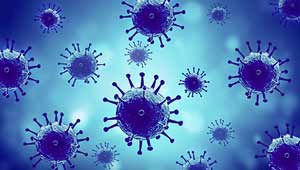Chhattisgarh is emerging as a cancer epicenter
Raipur | Correspondent: Chhattisgarh is becoming a hotspot for cancer, with an alarming 43 people succumbing to the disease daily.This startling information has emerged from the latest data released by the Union Health Ministry.
According to the ministry’s 2022 data, 16,057 people lost their lives to this disease in the state last year.
In comparison, a decade ago in 2013, the death toll stood at 12,737, meaning 34 people were dying of cancer each day.
This marks a 26.43% increase in cancer-related deaths over the past decade.
Experts estimate that the actual number of cancer cases could be at least five times higher, as many deaths go unreported in official records. Countless patients are unable to access treatment or even reach hospitals due to various barriers.
Struggling Healthcare System
Chhattisgarh’s cancer treatment infrastructure is largely centralized in the state capital, Raipur, and even there, public healthcare facilities are in dire condition.
Patients face long delays, sometimes waiting weeks just to begin testing and treatment. The queue for chemotherapy is so extensive that many are unable to afford the prolonged stay in Raipur, adding to their financial burden.
The situation is exacerbated by severe gaps in diagnostic and treatment services. Blood tests are delayed for months at the government cancer center, and essential equipment like the scanner for targeted treatment often remains out of service. The specialized CT simulator, critical for precise cancer treatment, has been out of operation for years.
A PET CT scan machine, which detects this disease, was purchased in 2019. However, despite its importance and the high cost of private scans exceeding ₹20,000, the machine remains unused due to administrative neglect.
Moreover, the brachytherapy machine used to treat uterine cancer broke down in 2014 and has yet to be replaced after ten years. Similarly, a mammography machine has been out of order for over three years.
Although cancer screening centers have been opened in various parts of the state, many remain non-operational due to the absence of appointed doctors.




